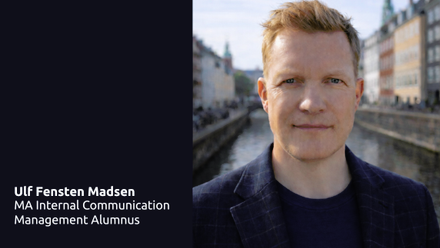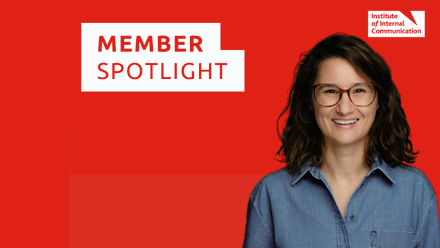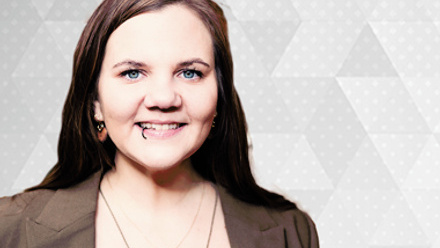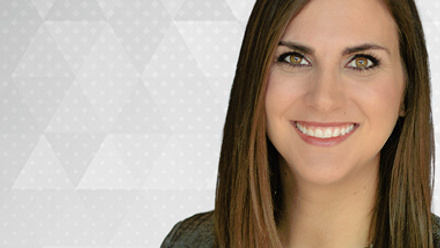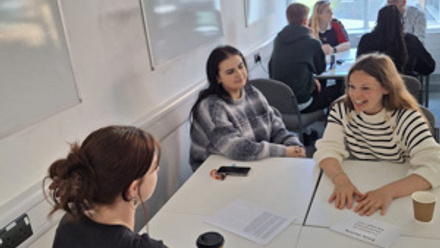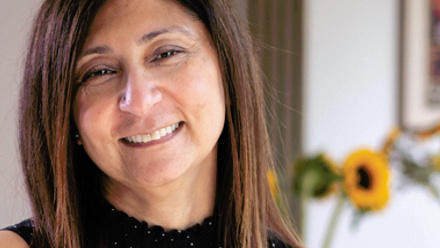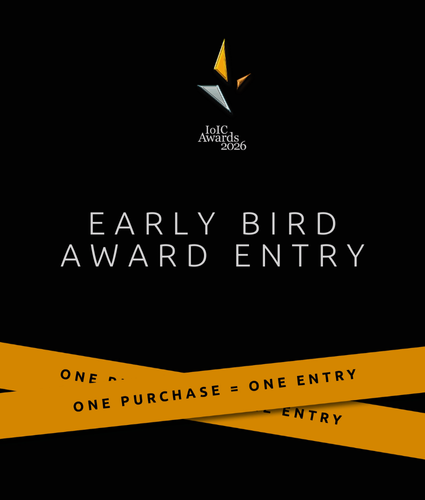When it comes to updating your CV why do we find this the hardest thing to do in the job search process? Not the interview, but updating the CV? After giving this some thought I have decided to share some of my thoughts about what I, as a specialist internal communications recruitment consultant would like to see from you when you are applying for your next role and maybe, this will make updating your CV just a little bit easier.
When it comes to reviewing CV's there are certain things that I look for and want to see on your CV. So, I have broken these down into areas and have added a few thoughts on what it is we are looking for.
A CV should be broken down into four main sections:
- Professional Profile / Objective / About me
- Experience / Key Achievements / Career Story
- Education / Training / Membership bodies
- Skills / abilities / your strengths
So, before I go into each area, I just wanted to explain to you why I have chosen so many different titles for each one. Throughout my career I have noticed that people react to these headings differently so when you start creating or updating your CV chose headings that align with you and make the writing part easier and then once you finished you can then amend the headings to the more traditional ones. Try it out and let me know if it works for you. It might just stop you from getting writers block.
1. Professional Profile / Objective - When writing your professional profile / objective make sure it is and aligned with the job description you are applying for.
The number of times I have started to read a CV and gone, err this is a few years old or ah they clearly were applying for a different role when they wrote this one up... Now sometimes I do still consider the candidate depending on how good it is written and also if I think they can still do the job they have applied for however, I do start thinking about how good their attention to detail is especially if this is one of the strengths they have mentioned in the skills area so please make sure you update this part of your CV all the time when applying for positions as this could be one of the reasons you are not being considered for the position available.
A good personal profile should read like a good elevator pitch. You should be able to read the profile and then explain what the candidate can do to another person without having to explain it any further. It is brief, concise, and to the point.
2. Experience / Key Achievements / Career Story
So, what do you include in your experience: Firstly, make sure your CV reflects your current employment at the top as that is your current experience and this is what you are bringing to the table? Then include the following:
Company name: If you work for a business that people are not so familiar with then share a little bit about what they do so we can understand a little bit about what the business does however if you chose not to it won't be a deal breaker, because I am a proficient Google searcher I would be able to figure it out if I have to.
Position (Your current one if you if have progressed internally and yes again this does matter because if you started off as a exec and now you are a director but you haven't changed it I will be a little concerned in the fact that you have been there for 15 years and not progressed)
Dates of employment Yes please do make sure these are accurate to as it also goes back to the attention for detail thing but also if you have been there for a few years let us know and if you were only there for a short amount of time then share that with us too as we will ask you these things anyway.
Reason for leaving: This is an additional one that I hardly see on CV's anymore and I do not really know why no one mentions their reasons for leaving anymore. Now maybe it is because they do not really know what to say and I get that so here are a few tips. If you are a contractor, say contract next to the dates of employment. If you were made redundant again it's OK to share that info just mention it after the dates of employment and if you want to keep it blank then that is OK too just bear in mind that I will ask you for this information anyway.
Experience / Key Achievements / Career Story
So now comes the fun part! You should be able to write so fast here because you're shouting about all the great experience you have and what you can bring to the role but for some reason you just draw a blank or you don't know where to start so if this is the case then try this out and see if it helps.
Take a step back and think about your current position and start listing (keywords work best for now or short sentences) and list everything you do from the minute you walk into the minute you leave. No matter what it is write it down. Now once you have done that and realise how much you actually do (Yes give yourself a pat on the back) and then chose the top five that you think are your main responsibilities and build on to them and now you get to explain what you can do in some detail.
I have a few examples below that might help you out:
Stakeholder engagement - Elaborate on this so which stakeholder do you work with or is this in a specific area of the business (HR, IT, Finance, Legal)
Channel Management - Which ones? make sure you mention the ones that are listed in the job description as this shows you have the technical skill and experience; they are looking for.
If you can do this with your top five, then this gives us a bigger picture of your experience and what you can bring to the table and if you can add a few more then do. Just make sure it is relevant, concision and to the point. Your experience is important and is what is going to get you the job at the end of the day.
Once you have listed your experience we can now move onto the key achievements area and these are specific to you and your time at the business so this is where we focus on specific projects that you have been involved in and the successes you want to shout about.
What should Key Achievements include
- Time frames / duration of the project / impact / how it was received
- Reasons for the project / business decision / what were you hoping to achieve
- What tools / channels / platforms were used
- Measurements (SO IMPORTANT) we like numbers so please do mention these if you can.
- The outcome or the impact the project made once it was completed
If you keep a note of all your key achievements and update it regularly then not only will you get a little confidence boost every time you read it but as it is fresh in your mind you will remember all the meaty information that is so valuable when explaining your key achievements and the details about the past projects you have worked on.
3. Education / Training / Membership bodies
The next area would be your Education as there are some businesses that still require candidates to have specific qualifications so if you have completed your studies please do put the date, if not then mention incomplete or in progress as I have heard horror stories before where people have been interviewed to final stages and then unable to progress as they don't have the qualifications needed but this is very few and far between but I guess it's better to be clear just in case it is one of those businesses.
Training - Mention any relevant training as this is always something good to see on your CV as this shows you are willing to learn and continuously developing and improving your skills.
If you belong to a membership organisation make sure to mention this as it just shows you are invested in your career as most of these do come with additional learning and development opportunities and this could also just put you one step ahead of another candidate going for the same role.
4. Skills / Abilities (What you can bring to the table)
This is another area that you will continuously have to update and tweak over time as both your hard and soft skills will develop and grow as your career does.
So if you don't have one already make a list of your top skills that you know you are good at and if you can't think of any ask your colleagues or even your friends as they will be happy to point these out to you, and then when you are applying for your dream role make sure you list the ones that are relevant for the role you are applying for.
You can either do this under your profile in a list format with bullet points or you can intertwine them into your profile whichever way you feel makes the most impact.
The last little bits.
Pages: Depending on your level of experience your CV can be on three pages at a font size of ten. It is ok to work to three pages as this is just enough to get us interested and wanting to know more.
Layout / Format: I prefer a traditional CV layout, no infographics as I find it gets too busy and then there is so much information to get through plus artificial intelligence is now used and they are programmed to recognise a specific type of layout so try not to confuses the process but use a format and layout that works for you.
Now hopefully this help you create your Master CV and you will be able to continuously update the document when you complete that next big project or win and award but it should also make applying for your next role so much easier!

